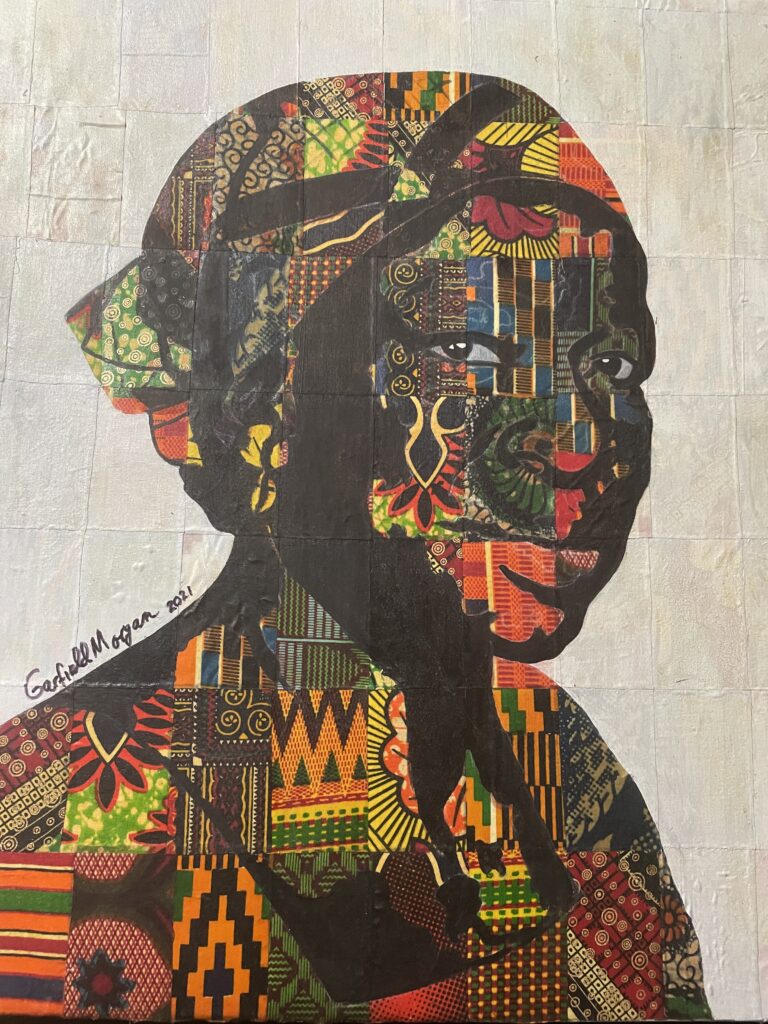The fight against killer alcohol in Burkina Faso

Every society relies on its work force for growth. Consequently, a healthy youth population is fundamental to the development of a society. Alcoholism in general and the deadly alcoholic substances mentioned in my last article threaten the wellbeing of the Burkinabè work force, with enormous socio-economic consequences. This has led the government to launch a fight against the production of illicit alcohol.
In September 2019, the national assembly passed a law against illicit sale of alcohol, with stipulated penalties for offenders. According to the law, only dealers licensed by the Ministry of Trade can sell alcohol. Additionally, a task force, comprising of personnel of the Gendarmerie, the police and the customs services, routinely crackdown on unlicensed dealers. On 2 July 2020, for instance, more than six million sachets and bottles of illegal alcohol were seized across the country. Similarly, on 18 June 2021, the Municipal Police of Ouagadougou seized 2,253 bottles of illicit alcohol and 2,784 cans of poisonous liquor, mainly in Ouagadougou, Bobo Dioulasso and other major cities. These measures are meant to curb the menace of alcoholism; however, more and more youths are embracing the vice.
A Withering Generation
The surge in alcoholism among youths started in the 1990s. Many bars sprung up around major cities across the country. For example, important places like the most famous stadium of Ouagadougou, Stade du 4 Août, houses spots where such drinks are sold. The victims of this disaster are the poor people. Among them are widows, orphans and the army of jobless young people. Some of the factors behind this are: the shift in government policies, a downturn in the economy and the rise of corruption. In terms of policy, the Compaoré regime set aside the revolutionary measures which insisted on tight and rigorous enforcement of pro-society trade laws, in favour of a laissez-faire attitude. The decline in manufacturing gave rise to unemployment. This pushed many youths into despair and ultimately to alcoholism.
The youth are gradually being destroyed by this deadly brew. The phenomenon is so tragic that, initially, the high numbers of death and mental illness in certain parts of Ouagadougou (like Dapoya) were attributed to evil spirits. But many now know that alcohol is the main poison. The sad reality is that the destruction of the youth population, in turn, causes an economic collapse. An interviewee described the trend as an attack on the core of society because if the youth is poisoned, what productivity can come out of such a generation? In the words of this citizen, no matter how rooted a tree is, once the leaves are poisoned, the tree will fall.
A call for decisive action
The people of Burkina Faso are concerned that the government’s strategy against illicit alcohol is not efficient enough to stem the tide. They want government to do more than seizing illicit alcohol. There is the need to address the problem from multiple dimensions. Sensitization and rehabilitation can go a long way in tackling this problem. Some of the addicts say they are helpless. Although they are aware that the habit will lead them to their graves, they cannot quit. Such people need rehabilitation and reorientation.
The government should also eliminate the factories producing this adulterated alcohol. These factories are manufacturers of death. A visit to one of the factories revealed a real state of horror: unhealthy conditions prevail. Obsolete and crude equipment are used for the manufacturing of illicit alcohol in open environments, creating a real recipe for disaster. Lies and deceit are the overall situation. The manager of one of those companies claims to have a licence for his work but in reality, all he has is a lab analysis result of his products.
A conglomeration of evildoers
Dealing in illicit alcohol is a highly organized crime in Burkina. The chain is long and difficult to destroy with superficial measures. Manufactures and importers are the major links in the chain. Petty traders buy cartons of these adulterated whisky and other drinks and sell them in small quantities that yield large profit. There is no doubt that Indians and Lebanese are at the forefront of this illicit business. Some concerned citizens express anger at the fact that “these foreigners leave their countries and come to destroy Burkina Faso”. The citizens are particularly enraged that the agencies responsible for enforcing the laws turn a blind eye to the nefarious activities of these Indians and Lebanese. This shows that there is a lack of control from the state, and obviously reeks of corruption. While it is normal to issue licences for manufacturing alcohol, it is important to put in place a mechanism for a follow up, a set of regular controls. Factories can be allowed to produce alcohol only when they have satisfactorily met the best standard. Additionally, both the importation and production of alcohol should be closely monitored in order to save what is left of a fast-degenerating generation.
Moussa Traoré is a senior lecturer at the Department of English of the University of Cape Coast, Ghana.






